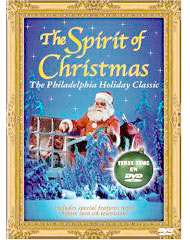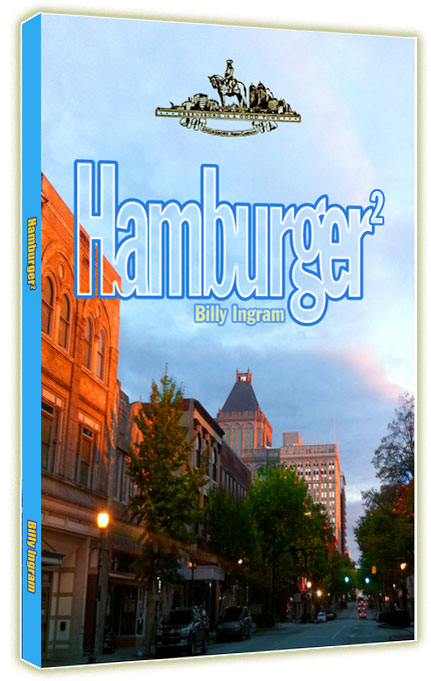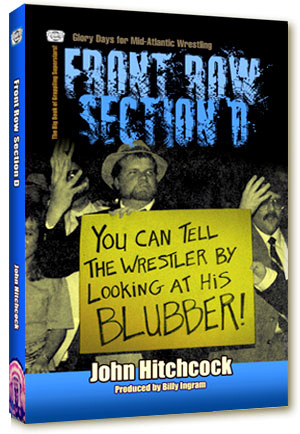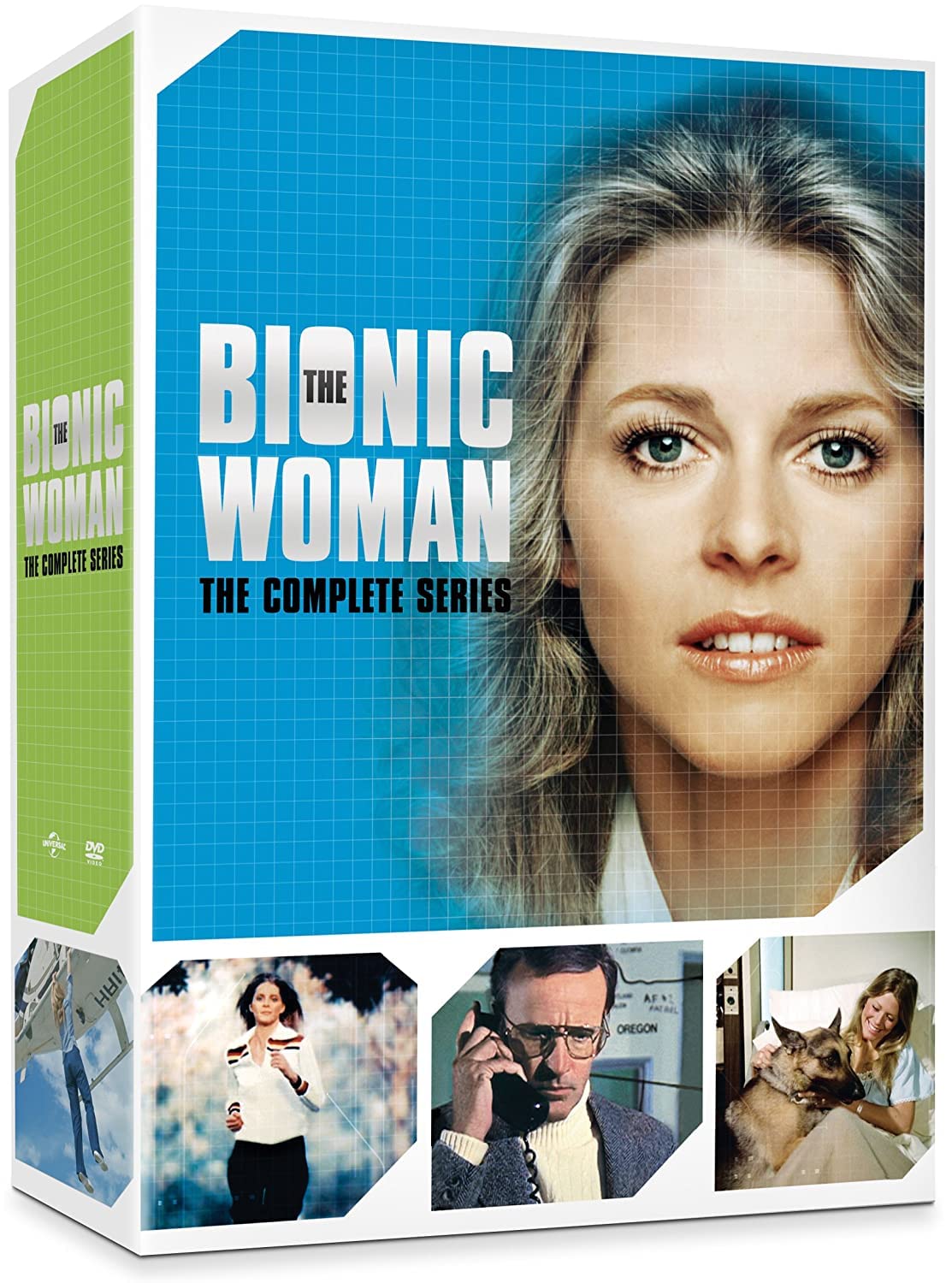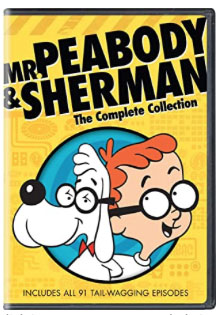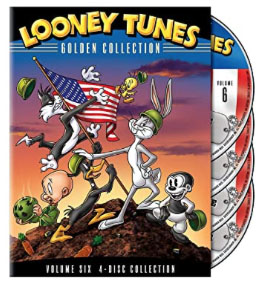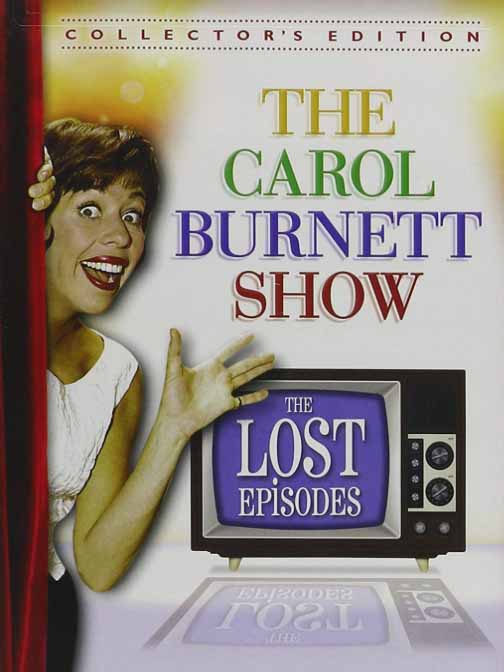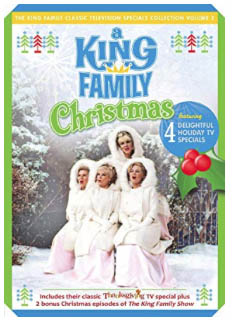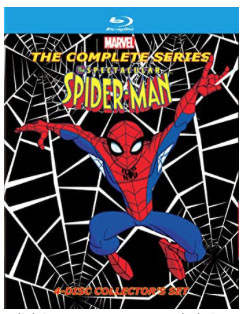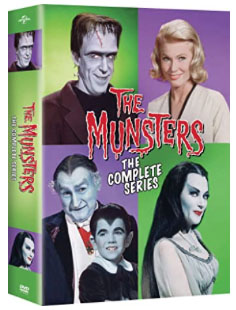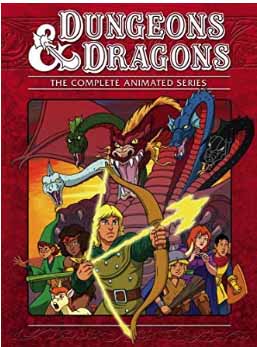|
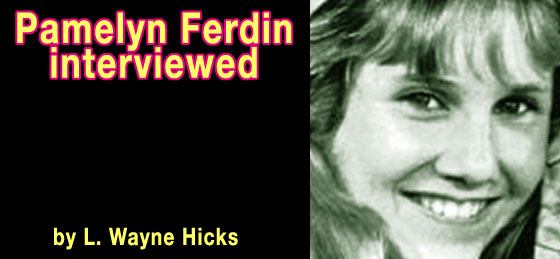
Part
One of the interview with Pamelyn Ferdin / Pamelyn
Ferdin - Part Two
Q: What was he like, Charles Schultz?
A: Very nice. Sweet. Shy. Quiet. Reflective. Just a very
nice person.
Q: Did you have much interaction with Dr. Seuss?
A: Not much, but he was a riot. He was great.
Q: And you did Lucy for 10 years or so?
A: Yeah. I did Lucy for a long time. I did so many that,
in fact, somebody just told me that I did one that I didn't remember doing.
I know that I did all the specials during that period of time. We were
doing a lot of them then. Then I did all the commercials and the theatrical
feature film "A Boy Named Charlie Brown." I loved doing Lucy
because I was like the classic Lucy and I did it for the longest of any
of the Lucys, I guess because my voice didn't change. Then I did a lot
of stuff at Hanna Barbera that people don't really remember me that much
from, but I was working in voiceovers like crazy at Hanna Barbera. I was
doing things like “Charlotte's Web,” “These are the
Days,” “Sealab 2020,” “Roman Holidays.”
I was doing a lot of voiceovers at that period in my life.
Q: Was it fun to play Lucy? Because she's not like you
in a lot of ways, she's sort of crabby and belligerent, and I get the
feeling that you're not like that.
A: No, not really. I think that I played Lucy as a straight
brat. I didn't see her as a one-dimensional brat, so I played her like
who I was if I was in that situation and I was bossy and assertive. So
I think that's maybe why Charles Schultz really liked me and kept me as
Lucy for so many years, even though I was starting to get older, I was
starting to grow up and my voice didn't sound quite as young, he just
kept me on because I think he liked the fact that I didn't play her as
this one-dimensional bratty kid. Because she isn't. She's a fussbudget
and she's bossy and she's assertive and she's smart. She thinks she knows
it all. I think a lot of little girls are like that. I think a lot of
woman are like that.
Q: Were the other cast members doing the voiceovers about
your age as well?
A: Yeah. They were all children. That's why it was so
surprising for me. It was practically in your contract that the minute
you turned, I think it was 10 years old, you were out. But, oh my gosh,
they kept me on for like five more years after that. But most of the Linuses
and the Charlie Browns, they would hire them when they were probably 7
years old, 8 years old, and then when they were 10 they basically went
out and found a new one because they really wanted young voices. They
really wanted children. None of the characters, except for Snoopy, who
didn't make a lot of noise and it was kind of a strange little sound,
and I think the teacher -- the waah, waah, waah, waah, waah -- I think
they were done by Bill Melendez, who was our director. But none of the
other voices was ever done by anybody over the age of 10, except for me.
Q: Would you recommend that children follow in your footsteps?
A: That's a really tough one. It's just the acting industry
has changed so much you can't really follow in my footsteps anymore because
the business has changed so much. No, I wouldn't probably now. Things
are a lot less wholesome and so kids grow up a lot faster. There's a real
kind of maturity nowadays that if a kid is put into the business as a
youngster, I think they just grow up way too fast. It's very, very difficult
nowadays to keep your kids sweet and innocent being in the business whereas
I think it was easier. It was still a challenge during my time. A lot
of the kids I grew up with were spoiled brats, but nothing compared to
like what they are today.
Q: Did you go to regular school?
A: I did and I didn't. I was working so much that I mostly
had a private tutor on the set. Sometimes I would go back to a public
school because that's where all my lesson plans would come from. Most
of the kids I worked with went to a school called Hollywood Professional
School. That was known to be where all the entertainment children would
go to. My parents just, I don't know why they didn't want me to go to
that school; I don't know if they thought I would become spoiled or they
thought I would become full of myself, but they really wanted me to go
to a public school where I didn't get any extra attention. I think it
was good in a way but it was bad in a way because at least if I had gone
to a school with other kids who were in the entertainment business, they
could have related to me. I could have related to them. Whenever I went
back to public school the kids were really mean to me. They would ridicule
me and when I was doing “Lassie” they would jump up behind
me and start barking like Lassie and laughing and run off. Really cruel
things. I think it was a pretty negative experience all right. Whenever
I would go back to public school the kids weren't nice at all. There were
a few, but overall they couldn't relate. They didn't know how to talk
to me. They just did not know what to make of me.
Q: Probably jealous.
A: I don't know. But it sure wasn't a good feeling, I'll
tell you.
Q: What did your father think about all this?
A: My dad, he was kind of one of these guys who just
let my mom run things. He liked it. He thought I was great and both my
parents enjoyed the notoriety and enjoyed the attention and just enjoyed
the adventure that having a child star brought to them. It's fun, I think,
for the parents, too, because they meet all kinds of interesting people
and they're around studios all the times and sets so I think they enjoyed
it as well.
Q: Out of all the things you did, what is your favorite?
A: That is such a hard question. People ask me that and
I just don't know. I enjoyed so many of the things I did. It's just hard
to pick one because each one was a unique experience. I mean, I loved
“The Odd Couple” because I loved Jack Klugman and Tony Randall.
Tony Randall was like a father figure to me and we had a lot of fun filming
and rehearsing. I loved doing “Charlotte's Web” because you're
in an ensemble cast with people like Debbie Reynolds playing the spider
and Agnes Moorhead playing the goose and Henry Gibson playing Wilbur the
pig and Dom DeLuise. It was a phenomenal group of talented, funny people
and we would sit there all together creating these characters. And “The
Beguiled,” spending months in Louisiana in a mansion that was made
to look just like it would have during the Civil War. Of course, Lucy,
I have fond memories of being Lucy. It's hard to pick one. I really can't.
Q: You certainly have an impressive body of work behind
you.
A: (laughs) I do. I do. I know. Somebody came up to me
the other day and said, “Pam, you were on 'The Banana Splits’.”
I said no I wasn't. I've never even heard of 'The Banana Splits.’
They said, “Yes, you were. I have a copy of it and it was you.”
I said no. I said trust me, I've never been on 'The Banana Splits.’
Well, sure enough, I was on 'The Banana Splits." I literally was
doing so much at the time and of course I didn't drive for part of that
time, so basically my mother would take me from studio to studio while
I would be changing clothes in the back, and a lot of it got jumbled together.
So there are things I don't even remember myself doing until fans come
up to me at these celebrity shows and they'll show me a picture and they'll
say, “This is you.” I'll say, “Yeah, that's me, but
I don't remember what it's from.” It is kind of strange.
Q: A lot of child stars, you know the stereotype. They grew up and they're
not desired as actors, they get into lots of trouble. You seem to have
grown up as a stable adult.
A: Well, that's very sweet. It took a lot of hard work.
I definitely went through my share of problems in finding out who I was.
I did a lot of soul searching. I think now I've come full circle and realize
my life is my life and now I can finally start enjoying, looking back
and saying “Hey, that was me. I am normal.”
Part
One of the interview with Pamelyn Ferdin
Pamelyn
Ferdin - Part Two |
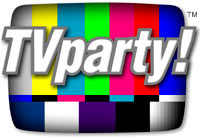
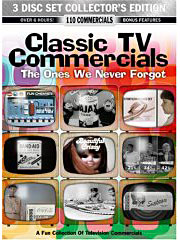 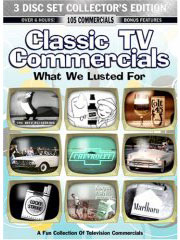
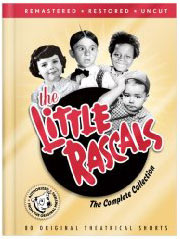

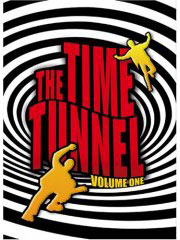
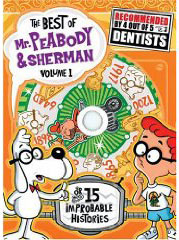
|

